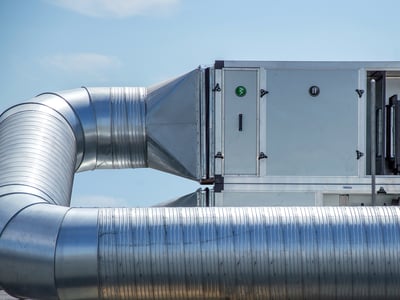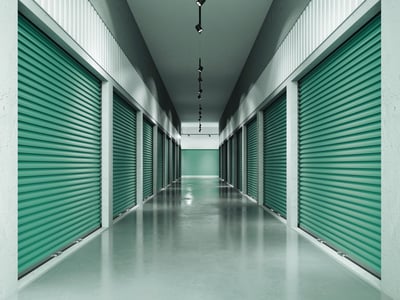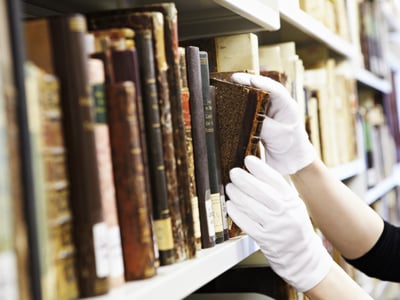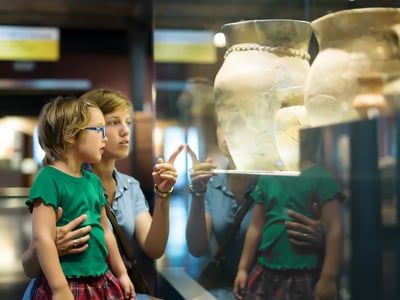Preserve the fine art of clean air in museums and other cultural institutions. Our high-efficiency particle filters can help you conserve sensitive objects – and preserve the health of staff and visitors – for generations to come.
The very existence of museums, libraries, archives and other cultural institutions depends on their ability to preserve and protect historical items. These items would otherwise be lost or destroyed in a natural environment.
But many objects face the risk of deterioration – and irreversible damage – from internal and external sources of contaminants like dust, gas, chemicals, light and humidity.
Good indoor air quality also benefits staff and visitors, who might be affected by breathing difficulties or eye irritation.
High-quality HVAC systems with an air filtration system that can eliminate tiny particulates are therefore vital to preserving the health of museum workers and visitors, as well as your priceless collections.
Internal and external sources of contaminants include:
With the combined knowledge of conservationists and ventilation system experts, you can select the best combination of filters to achieve a controlled environment, even with limited resources.
As a leading expert in molecular filtration, Camfil can help with your air filtration strategy. We have designed and supplied activated carbon filtration systems to preserve treasures found in prestigious museums and galleries around the world, including the Uffizi in Florence, the British Library in London and Moderna Museet in Stockholm.
Our air monitoring services can determine the exact nature of your building’s pollutants. We consider the types of artifacts and collections stored in your facility and help you to implement the right solutions.

Customers want to eat at restaurants that control food safety and dining area cleanliness. Eliminate food preparation odours and particulates, and decrease the possibility of airborne food contamination and fire hazards from airborne oil vapors.

Protect people, processes, products and equipment while keeping maintenance and energy costs low by keeping air handling units unclogged.

Museums, galleries and archives bring historical objects and the public together, and preserve objects for future generations. Make the removal of airborne contamination an important part of the preservation strategy.

Customers view dusty goods as damaged goods. Cleaner air in storage locations is a competitive advantage. Reducing dust will bring many benefits in cleaning costs, energy savings and healthier employees.

Archives are meant for the long term preservation of books, paper or films/pellicles. While damaging particles are often removed in AHU supplying air to archives, bookshelves made of wood as well as stored items may release acidic compounds resulting in serious local degradation. Clean air solutions are necessary to avoid the accumulation of damaging contaminants in archives.

Vitrines or glass cabinets are used to display and protect artifacts in a museum. Over time, contamination from material outgassing may damage the surfaces of the priceless items. Air cleaners and molecular filters integrated into the cabinets ensure total protection from VOC, and corrosive gases, and hinder possible surface degradation.

Not all people who purchase our products are experts in air filtration and they shouldn’t have to be either. The purpose of Camfil City is to give everyone a chance to learn the basics of what our clean air solutions can do for them.
Take a Breath Food and beverage Air quality Virus Contamination Control Air cleaners and air purifiers Electronics and optics Life science and healthcare Commercial and public buildings Manufacturing and machinery Standard and regulations Education and experience Innovation technology and research Sustainability Case studies Energy and Power SystemsSome of the effects of corrosion include a significant deterioration of natural and historic monuments. Air pollution causes corrosion, and it’s becoming worse worldwide. Learn how to protect your equipment.
Electronics and opticsCold weather and winter holidays make the warm, entertaining confines of a museum an attractive prospect. To keep the contents of these artefact filled buildings in good condition, preserving often decades of history.
CamCarb VG modules with loose-fill media are robust solutions suited for make-up air (outdoor air) and recirculation air systems. The primary use is the control of acidic gases that are responsible for the corrosion of electronics and electrical equipment in heavy process industries such as pulp and paper mills, petrochemical refineries, mining and metal refining operations, and wastewater treatment plants.